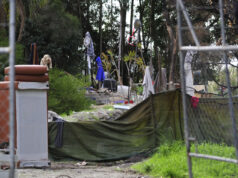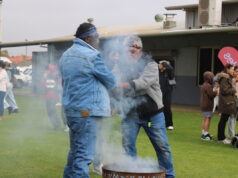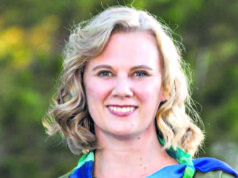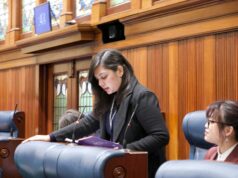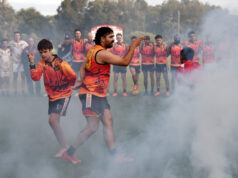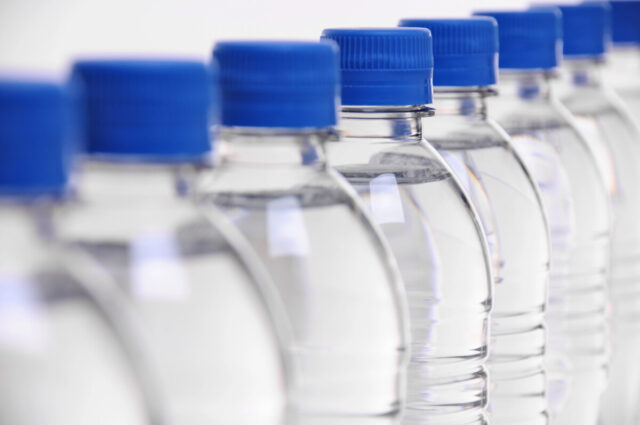
Tension was thick in the City of Armadale council chambers on Monday.
Frustrated hills residents filled the otherwise empty public gallery hoping for some action from council on the Coca Cola saga.
Meg Travers, one of the Roleystone locals spearheading the fight to ‘save Perth Hills water’, asked a number of pointed questions.
“It is my understanding that councillors at the City of Gosnells are making a resolution to support their residents on the Darling Scarp, and writing to the minister to request that the state government resolve the issue of groundwater being taken by commercial water bottling companies. This activity continues, as you are no doubt aware, to attract a great deal of media and public attention over the last couple of weeks, and many of the City of Armadale residents in the Darling Scarp (as well as more widely) feel that in the current drying climate that rather than a convoluted and expensive monitoring program put in place across multiple LGA’s, that this activity should be stopped, and only permitted by those who are using the water on the land from which it is being extracted, rather than it being abstracted and taken out of the local environment altogether,” she said.
“My question is, will the City of Armadale consider taking the same action on behalf of its residents in the Darling Scarp?” she said.
But those who were hoping for some urgency on the matter were frustrated when they came face-to-face with the slow-moving wheels of democracy.
Mayor Ruth Butterfield said she was uncomfortable advocating on behalf of residents until there was a more unified ‘vision’ from the community about what outcomes they’d like to see.
She also explained it wasn’t as simple as just ‘stopping the trucks’ and that there was more nuance that needed to be considered.
“I don’t think there’s a clear answer on what the outcome will be at this stage. It comes down to where equity lies; who has the right to take water,” she said.
“There are other people taking water to fill up dams and water tanks.
“We can offer support by contacting the relevant department and going in to bat for our residents through lobbying.
“But we have no power to enact these manipulations of where water should be drawn.”
The city’s CEO Joanne Abbiss gave a ‘fulsome’ explanation of the limitations imposed on the city by historical decisions from the state government.
She explained that when Minister Graham Kierath granted planning approval in 1996 for Coca Cola to increase the number of truckloads of groundwater it extracted each week from 15 Irymple Rd, he also handcuffed the city from regulating their activities except for the ‘narrow confines’ of “truck movements and the size of the trucks”.
“The minister took water off the table,” she said.
“I don’t want to fill the community with false hope about the city’s power to change that activity,” she said.
She explained that the planning laws don’t even permit the current water minister, Simone McGurk, to ‘force’ Coca Cola to ‘cooperate’.
Mayor Butterfield also said that it would be an uphill battle for DWER to assign blame to Coca Cola for the depletion of the water table and its effects on the surrounding properties and environment because there were so many other contributing factors, like the driest Summer on record.
“To be able to attribute any impact is going to be a really difficult exercise for those scientists to determine,” she said.
There was then a dance between the mayor and community members as they speculated on the best course of action.
The Roleystone community members present have said they will now work on drawing up a petition to be introduced to council at a future date.


